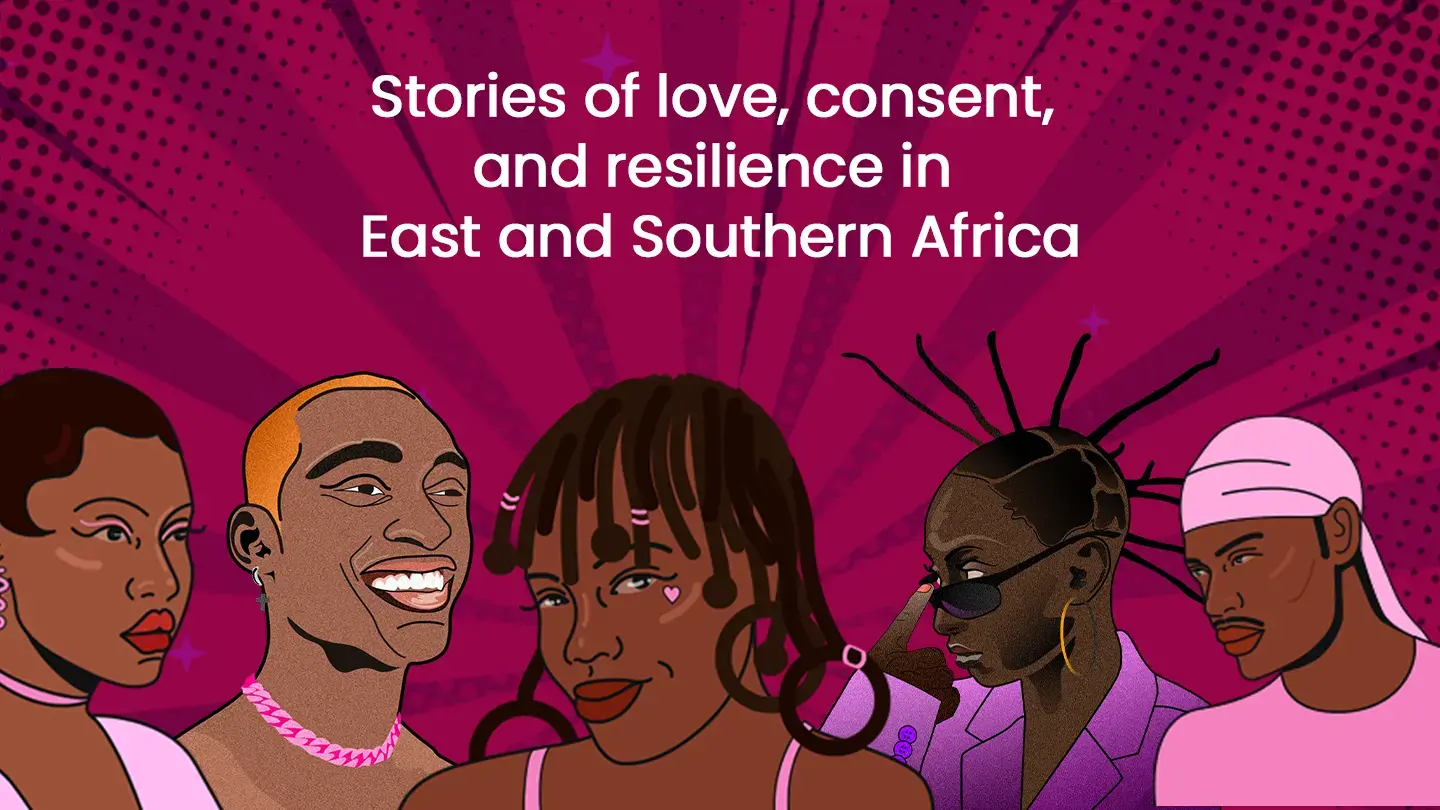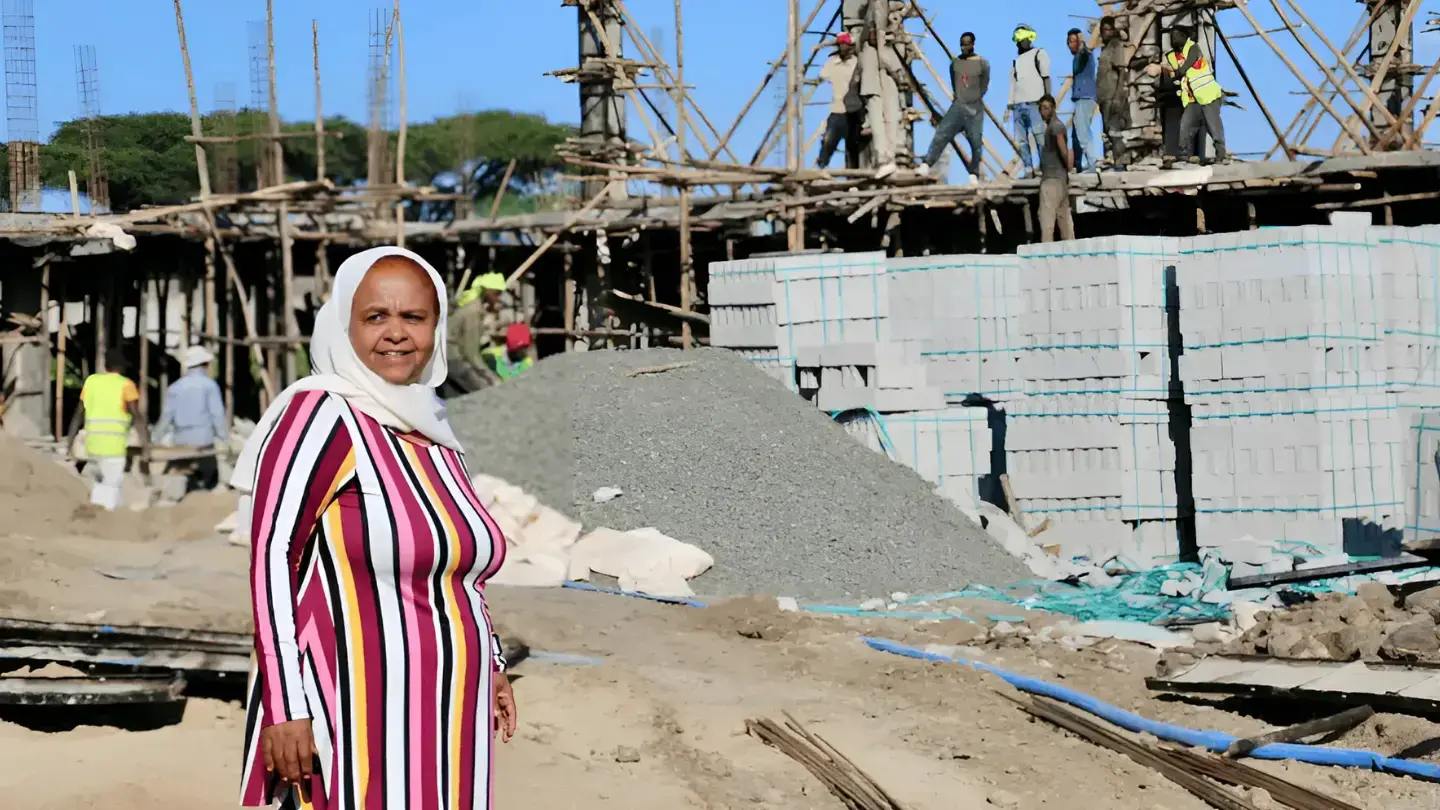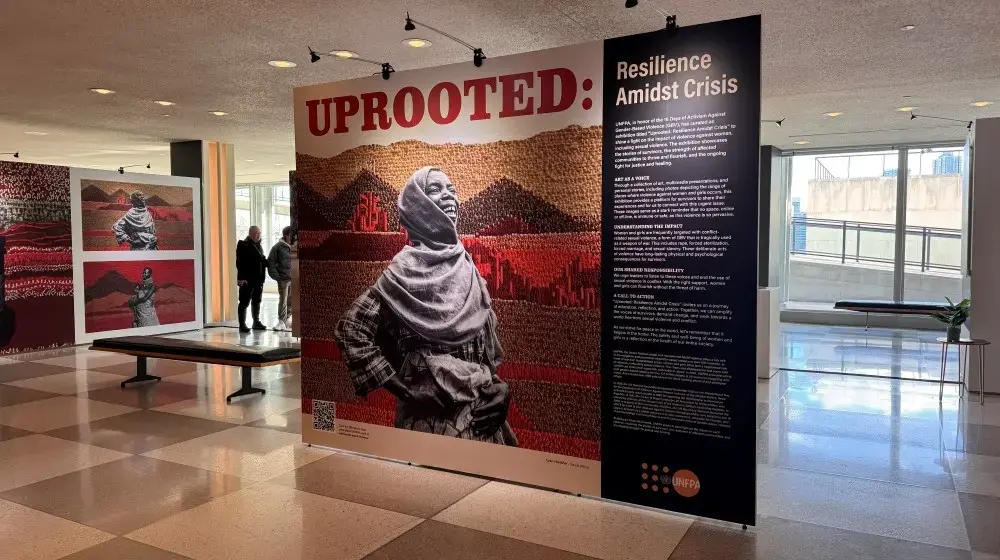MAPUTO, Mozambique — “Adolescent girls have rights and potential. We ought to be in charge of our own bodies and make decisions regarding our sexual and reproductive health.”These were the words of Catia Zefanias Uamusse, aged 15 years, during the opening of the National Girls Conference in Mozambique’s capital Maputo last week.
Graça Machel, the global advocate for girls’ rights, had led her local NGO, Fundação para o Desenvolvimento da Comunidade (FDC) to facilitate a groundbreaking national platform for discussion on the current status of adolescent girls’ rights and conditions in Mozambique, with support from UNFPA Mozambique.
Hundreds of adolescent girls from around the country added their voice and experiences to the debate on the issues of trafficking, education, gender-based violence, cultural norms and practices, sexual reproductive health and rights, legislation, agency and participation.
Girls become mothers
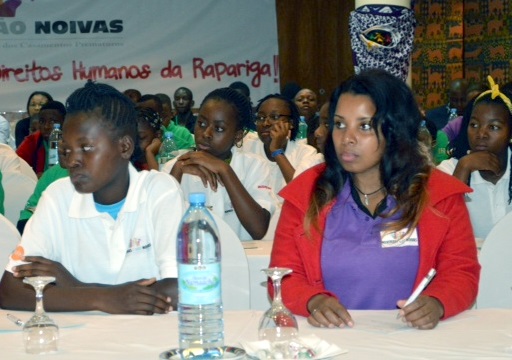
The passage of an adolescent girl’s transition into womanhood is a difficult and dangerous affair in Mozambique. Cultural norms and practices oftentimes influence adolescent girls’ socialization. This is why the conference in particular discussed rites of initiation and child marriage as two driving forces for adolescent girls’ turn to motherhood instead of continuing with their education.
“No culture should come before the rights of adolescent girls in Mozambique,” said Catia, an activist working in her community to educate adolescent girls about their rights, including sexual and reproductive rights, through poetry, theatre and songs.
In Catia’s class, the majority of the girls are already pregnant.
From victims to change agents
Adolescent girls in Mozambique are burdened by gender discrimination and inequality, and often their specific needs emerging from such victimization are not thoroughly addressed.
Currently, 40 per cent of girls under 18 years old are married, 41 per cent of girls aged between 15 and 19 years are mothers or pregnant, and 24 per cent of cases of maternal mortality occur among 15-19 year olds. This situation calls for urgent action.
The conference aimed at bringing those unmet needs of adolescent girls to the forefront through giving voice to their experiences. The gathering became a safe space for expression, sharing and questioning, and the adolescent girls present took centre stage in driving the debate.
“Five years back I became a victim of violence within my family. This is the first time I have had the courage to share it with someone. I want to encourage you all to never believe such behaviour is right or acceptable, and never remain silent about it, as in my case,” said one of the participants.
The transformation from victims into empowered advocates and change agents continued over the two days of the conference.
Participating in shaping the future
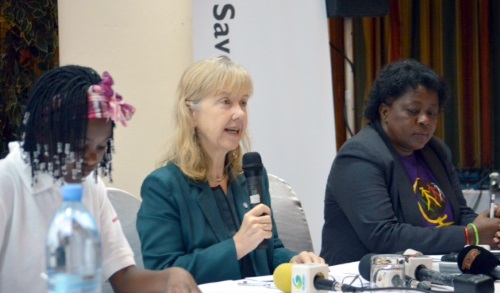
“Each and every one of the adolescent girls in Mozambique has unique potential,” said Bettina Maas, UNFPA Representative in Mozambique. “Adolescent girls can be a window of opportunity for the country if they delay marriage and childbirth, and instead pursue an education. We want them to become ‘women of tomorrow’ with opportunities to earn an income, make decisions on matters that concern their lives, and contribute to the well-being of their families and society at large.”
UNFA has supported the training of adolescent girls across the country to become mentors for other girls through the Action for Girls Initiative.
The participants at the conference demonstrated unique drive and commitment to be ‘game changers’ in their own lives, and participate in solutions to the current situation facing adolescent girls in the country. Their participation in the conference has helped renew their responsibility as activists to inspire and influence the decisions and choices of their fellow adolescent girls.
“The rich debate and exchange brought me new knowledge to take home to my community,” said Mirka da Victoria Carlos, who dreams of starting her own business selling homemade cakes. “Marrying and becoming a mother at 12 years old is not right, and it will complicate the future for adolescent girls in Mozambique.”
— Helene Christensen


